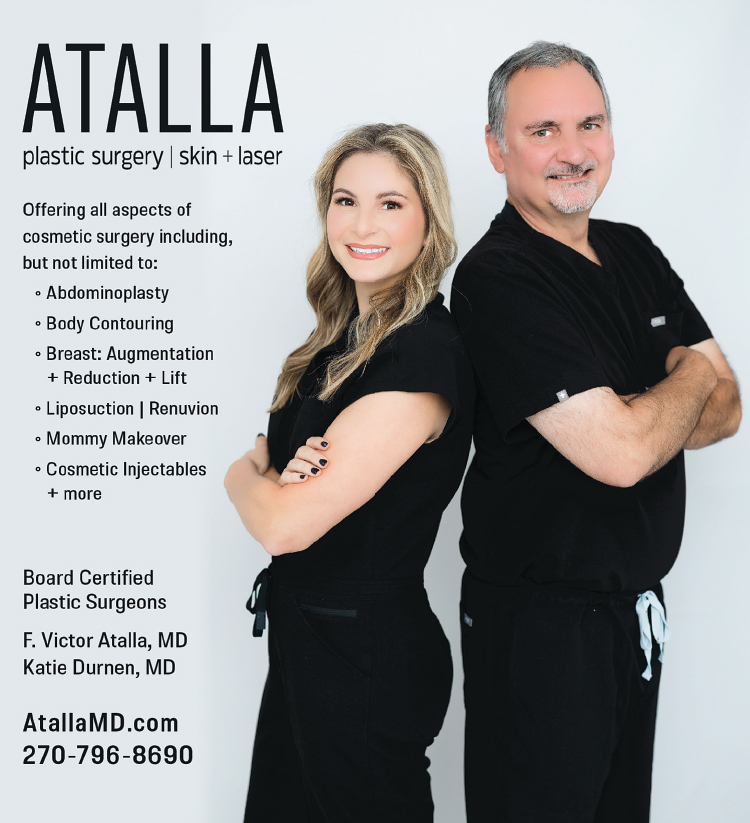
Sleep is a vital component of a healthy lifestyle. The National Institutes of Health says good sleep improves brain performance and mood and helps reduce the risk of many diseases and disorders, including heart disease and obesity. In fact, sleep is as important for good health as diet and exercise.

Too often people do not get enough sleep or get poor quality sleep. Sleep needs change as a person ages, with young children and teens requiring between nine and 10 hours per night. Most adults need at least seven hours each night. According to Dr. Kenneth Wright, Jr., a sleep researcher at the University of Colorado, a person can make up for a poor night’s sleep by sleeping in the next day, but habitual loss of sleep cannot be recuperated in a weekend.
Men need to focus on sleep to feel their best. These sleep strategies, courtesy of The Centers for Disease Control and Prevention and the NIH, can promote better sleep.
• Be consistent. The body will adapt to a sleeping schedule when you go to bed and wake in the morning at the same time each day. Try not to vary your schedule between weekdays or weekends, or even when on vacation.
• Limit exposure to light at night. The body naturally responds to darkened conditions by stimulating the production of melatonin, which is a hormone that helps regulate the sleep-wake cycle. Too often people keep lights on at night or look at phones or watch television, which can adversely affect melatonin production and contribute to a poor sleep environment.
• Exercise each day. Aim for daily exercise, which can make it easier to fall asleep at night. Avoid exercise a few hours before bed, however.
• Spend time outside each day. At least 30 minutes of sunlight and fresh air each day can promote a better night’s sleep.
• Watch your naps. Naps should be short and taken before mid-afternoon.
• Skip caffeine and alcohol later in the day. Caffeine consumption can impede the ability to fall asleep because it is a stimulant. Although alcohol is a depressant and can make it easy to fall asleep, the sleep that is taking place after consuming alcohol, particularly late at night, will not be quality, restorative sleep.
• Keep meals at night very light. Heavy meals that force the body to spend hours digesting can interrupt sleep onset and quality.
• Maintain a dark, cool and quiet bedroom. A dark, cool and quiet bedroom is a positive sleep environment.
If sleeping habits do not improve after making these changes, individuals should speak with a healthcare provider to determine if there is an underlying condition that is compromising sleep, such as restless leg syndrome or obstructive sleep apnea. Although sleeping pills can offer relief once in a while, they should not be seen as long-term solutions to sleeping disorders. Doctors can be useful allies in helping individuals get better sleep.
-by Robert W. Adams




